Trucks, Fuel Economy, and the Desire for More

There’s a Consumer Reports study making the rounds that reveals owners of trucks and large SUVs wish for better performance at the pump. Please pick yourself up off the ground. In fact, 73 percent of surveyed drivers who own such a vehicle wish for more MPGs in their next vehicle, which is not surprising given that large vehicles return, on average, below-average fuel economy.
Interestingly, the Detroit Three find themselves in the midst of an MPG war with their full-size, light-duty diesels. Mild hybrid Ram 1500s are here, and Ford has a hybrid F-150 in the works. Both Ford and GM have fully electric full-sizers in development. The General just introduced a four-cylinder half-ton (with an admittedly lackluster EPA rating).
While it’s understandable that owners of large vehicles would wish for lower fuel costs, the study fails to ask why owners want an improvement in their gas bill.
It matters because the study juxtaposes its findings with the Trump administration’s efforts to freeze fleetwide fuel economy requirements at 2020 levels for the coming half-decade, rather than keep the existing Obama-era rules in place. Opponents to the rollback claim such a move would saddle consumers with increased pump costs; backers say the addition of fuel-saving technology needed to achieve the Obama-era targets will inflate sticker prices that are already climbing rapidly, especially among trucks. Either way, it seems, the consumer loses. But by how much is not an easily answered question.
One thing’s for sure — thanks to how CAFE is structured, maintaining the existing rules won’t do anything to keep small and affordable high-MPG cars on the market.
But back to the study, which deals mostly with owners of larger vehicles. This crowd, responding to a nationally representative survey, has fuel economy on its mind more than those driving gas sippers. As mentioned before, 73 percent of truck or large SUV owners “express an interest” in buying a more efficient vehicle. Only 42 percent of “other” drivers feel the same.
The study, not surprisingly, found that owners of vehicles averaging less than 20 mpg are twice as likely to claim their fuel economy is need of improvement when compared to those getting 30 mpg or more (53 percent vs 20 percent). The large SUV/ pickup crowd also saw the highest level of MPG improvement wishes among vehicle type (55 percent). Second only to fuel economy on the list of top concern among large SUV/pickup owners was vehicle price. Some 38 percent of respondents listed this as a concern, versus 20 percent of small or midsize car owners.
So, the takeaway is that fuel economy outranks vehicle price among owners of hulking gas guzzlers. Would it prove illuminating if we knew the motivation behind these answers? Are some, or even many, of these large SUV and truck owners wishing for better MPGs out of concern for the environment, or for their wallet? As truck sales soar and average transaction prices rise along with them, it’s obvious a great many people aren’t avoiding crew cab 4x4s due to ecological concerns. It’s easy to see these owners wishing for a little less guilt when behind the wheel, but it’s even more understandable for a truck owner to wish their combined MPG topped 20 or 25 mpg simply for pocketbook reasons. What additional cost consumers would be willing to incur to achieve a certain level of efficiency is unknown. Consumer Reports didn’t ask.
Let’s face it, trucks aren’t cheap, yet few people getting into a new model are choosing a stripped-down base model. It seems a favorable environment exists to keep the MSRP train chugging uphill while also adding fuel-saving tech. Should the economy tank, automakers will want fuel-sipping engines to place in lower-trim trucks with a more attainable price. Competition doesn’t stop just because people are poor; buyers will be looking at that annual fuel cost figure on the Monroney more closely.
Indeed, regardless of where you stand on the rollback or what political party you call home, strong support for greater fuel economy in new vehicles seems universal. The study broke down opinions along party lines, revealing that 85 percent of GOPers felt automakers should continue pursuing fuel-saving tech, with 90 percent of Dems saying the same. Among politically active large SUV and truck owners, 83 percent of GOPers and 90 percent of Dems said they felt their segment of vehicle should be made more fuel efficient. However, a slim minority (49 percent) of Republicans felt automakers should be compelled to do so by the government. Eighty-one percent of Democrats felt the state should be the motivating force in MPG improvement.
[Images: © 2019 Matthew Guy/TTAC, General Motors]

More by Steph Willems
Latest Car Reviews
Read moreLatest Product Reviews
Read moreRecent Comments
- Lorenzo I shop for all-season tires that have good wet and dry pavement grip and use them year-round. Nothing works on black ice, and I stopped driving in snow long ago - I'll wait until the streets and highways are plowed, when all-seasons are good enough. After all, I don't live in Canada or deep in the snow zone.
- FormerFF I’m in Atlanta. The summers go on in April and come off in October. I have a Cayman that stays on summer tires year round and gets driven on winter days when the temperature gets above 45 F and it’s dry, which is usually at least once a week.
- Kwik_Shift_Pro4X I've never driven anything that would justify having summer tires.
- Scotes So I’ll bite on a real world example… 2020 BMW M340i. Michelin Pilot Sport 4S. At 40k now and I replaced them at about 20k. Note this is the staggered setup on rwd. They stick like glue when they are new and when they are warm. Usually the second winter when temps drop below 50/60 in the mornings they definitely feel like they are not awake and up to the task and noise really becomes an issue as the wear sets in. As I’ve made it through this rainy season here in LA will ride them out for the summer but thinking to go Continental DWS before the next cold/rainy season. Thoughts? Discuss.
- Merc190 The best looking Passat in my opinion. Even more so if this were brown. And cloth seats. And um well you know the best rest and it doesn't involve any electronics...



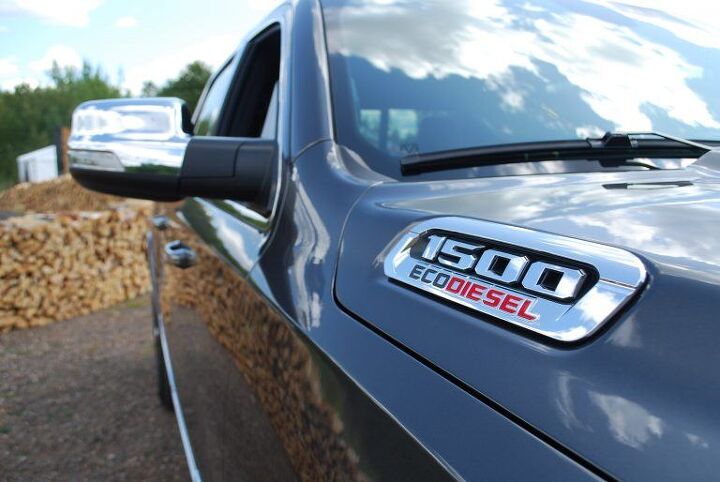
















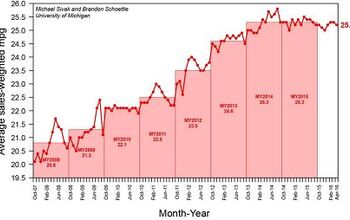
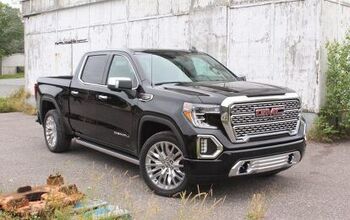
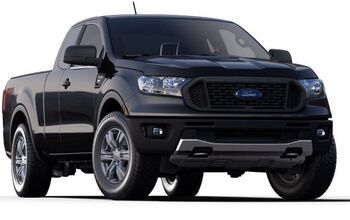
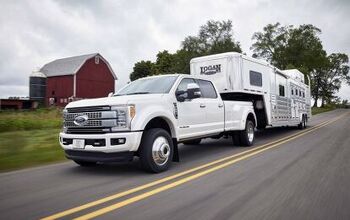
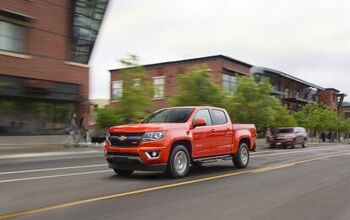









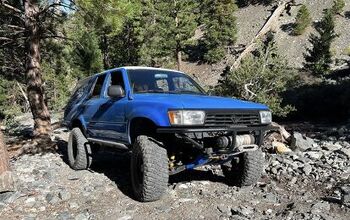
Comments
Join the conversation
Just last week I had a rental 2019 Ram Hemi 4x4 which surprisingly got around 19 mpg over about 500 miles. What aggravated me though was that when cruising around town as soon as I let off the gas, it would go into high gear and 4 cylinder mode which was apparent by the exhaust sound and lack of smoothness. Then any extra pressure on the gas pedal would call back all 8 cylinders, and this would happen continuously. Same thing on the interstate....constant upshifting and downshifting with even slight incline changes. And there was no "sport" mode or anything to get around it. Bottom line is I would gladly give up a few mpg's to avoid this feature.
I would like better economy, but I am not going to spend $10,000 more on a car to save $5000 in fuel over the life of the vehicle. crtfour, many vehicles shut all the injectors down now when coasting.